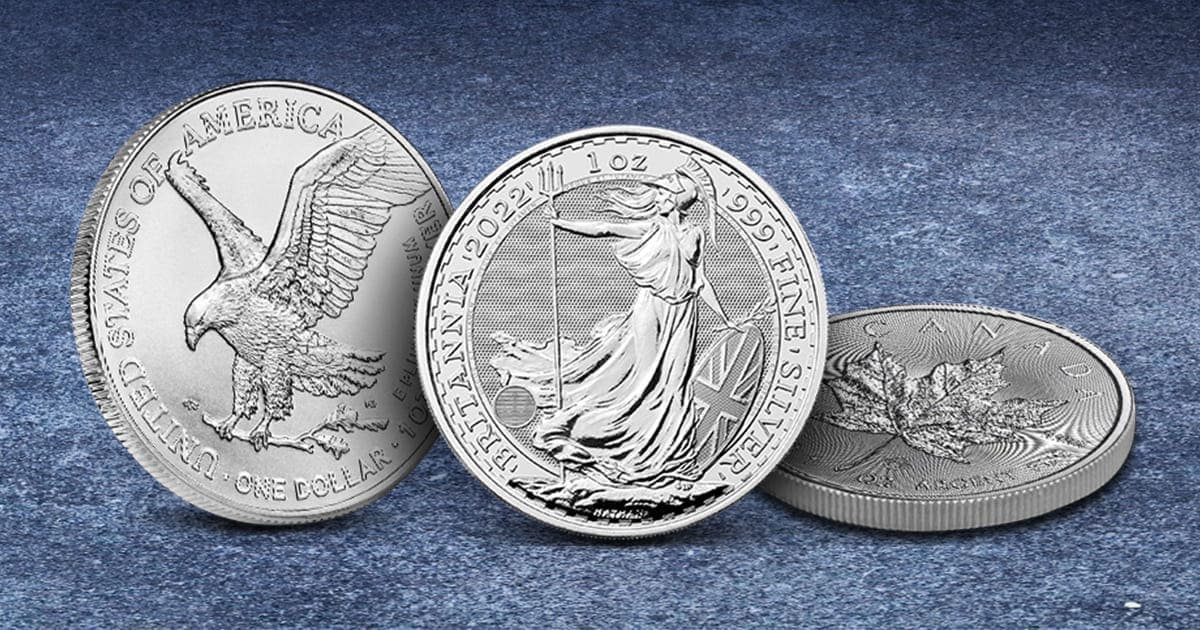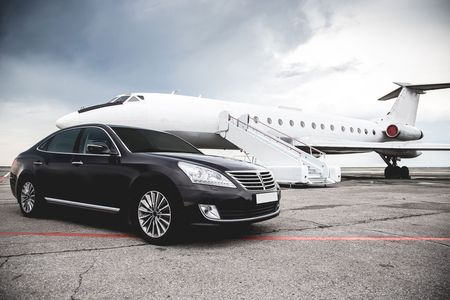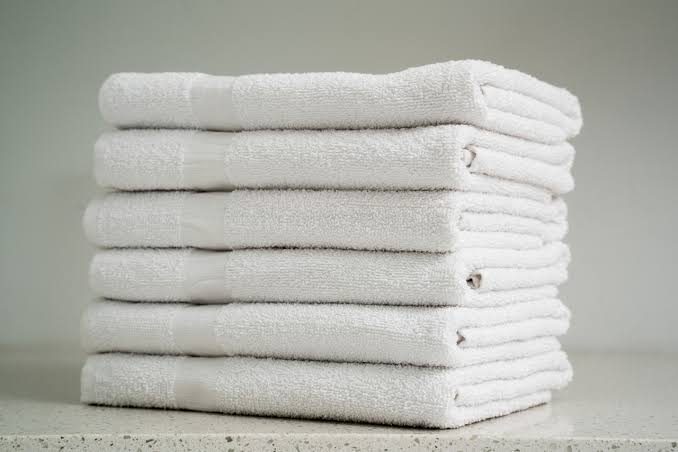Buying Silver Coinages: A Smart Investment and Timeless Treasure for Collectors and Investors Alike
Introduction
Silver coinages have long been regarded as both a valuable asset and a treasured collectible. Whether you’re an investor looking to diversify your portfolio or a collector searching for rare and meaningful pieces, buying silver coins is a smart choice. Known for their timeless beauty and intrinsic value, silver coins can serve as both an investment in precious metals and a way to preserve history. The appeal of silver coinages lies not only in their content but also in the story behind each piece, often reflecting significant events, cultures, and eras.
As the popularity of silver coins continues to grow, more individuals are turning to this tangible asset as a way to secure their financial future. Whether you’re interested in purchasing government-issued bullion coins, limited-edition collector’s items, or antique silver pieces, buying silver coinages can be an exciting and rewarding experience. Here are different types of silver coins available, tips for purchasing them, and how they can be integrated into both investment strategies and personal collections. Let’s delve deeper into the world of silver coinages and discover what makes them an exceptional choice for investors and collectors alike.
The Appeal of Silver Coinages
Silver has always been a precious metal, valued for its beauty, rarity, and industrial applications. Unlike other commodities, silver coins retain their allure and value, making them a popular choice for both seasoned investors and beginners. Silver coins are often produced in standardized weights and purity levels, such as the 1-ounce silver coin, making them an easy and recognizable form of investment. Furthermore, silver’s relatively lower price compared to gold makes it more accessible for those looking to start their precious metals collection or diversify their holdings.
Types of Silver Coins
- Bullion Coins:
Bullion silver coins are primarily purchased for their value in the metal rather than their collectability. These coins are minted in large quantities by national governments and are typically available in standard weights such as 1 ounce, 5 ounces, or 10 ounces. Popular bullion silver coins include the American Silver Eagle, the Canadian Silver Maple Leaf, and the Australian Silver Kangaroo. These coins are often sold based on the current market price of silver, plus a small premium for minting and distribution. - Numismatic Coins:
Numismatic silver coins are coins that hold additional value beyond their silver content due to their rarity, age, historical significance, or condition. These coins are sought after by collectors who are willing to pay a premium for specific designs or limited-edition pieces. Some well-known numismatic silver coins include ancient Greek or Roman coins, as well as commemorative coins released by various mints worldwide. While numismatic coins can carry a higher price tag, their potential for appreciation in value over time makes them an attractive investment for collectors. - Proof Coins:
Proof silver coins are specially minted for collectors and are known for their high-quality finish. These coins are struck multiple times with specially polished dies to create a flawless appearance. Proof silver coins often feature intricate designs and are released in limited editions. Many of these coins come with certificates of authenticity, making them desirable for collectors who appreciate both artistry and rarity. Examples of popular proof silver coins include the U.S. Mint’s Proof Silver Eagles and the Royal Canadian Mint’s Proof Maple Leafs. - Commemorative Coins:
Commemorative silver coins are produced to honor significant historical events, people, or milestones. These coins often feature unique designs and limited mintage runs, making them collectible and appealing to those who want to celebrate specific occasions. Examples include coins released for national anniversaries, famous leaders, or international sporting events. Collectors and investors who purchase commemorative coins often do so not only for their silver content but also for their cultural or historical significance.
Where to Buy Silver Coinages
- Reputable Dealers:
One of the best places to buy silver coinages is through reputable dealers who specialize in precious metals. Whether you’re purchasing from a local coin shop, an online retailer, or a trusted auction house, it’s essential to choose a dealer with a solid reputation and transparent pricing. Look for dealers who offer certificates of authenticity and provide information about the coin’s minting process, purity, and weight. - Government Mints:
Many governments issue silver coins through national mints, providing a reliable source for purchasing bullion and commemorative coins. Purchasing directly from government mints, such as the U.S. Mint, the Royal Canadian Mint, or the Perth Mint in Australia, guarantees the authenticity and quality of the coins. These mints often release new coin designs annually and can be a great place to start when looking to buy silver coinages. - Online Marketplaces:
Online marketplaces, such as eBay or specialized precious metal platforms, also offer a wide variety of silver coins. When purchasing silver coins online, it’s essential to check the seller’s reviews and ratings to ensure a trustworthy transaction. Many online dealers provide secure payment methods, along with certificates of authenticity, for added peace of mind. - Coin Shows and Auctions:
For those seeking rare or vintage silver coins, coin shows and auctions can be an excellent option. These events bring together collectors and dealers from all over, offering a chance to purchase unique and hard-to-find pieces. At coin shows, you can also inspect coins in person and interact with knowledgeable experts who can help guide your purchase. Auctions often feature numismatic or rare silver coins that could be valuable additions to any collection.
Factors to Consider When Buying Silver Coinages
- Purity and Weight:
Silver coins are typically marked with their purity (e.g., .999 or 999/1000) and weight, which can affect their value. It’s important to check these factors when purchasing silver coins to ensure you’re getting what you paid for. - Condition and Grading:
The condition of a coin is critical, especially for numismatic and proof coins. Coins are graded on a scale from “Poor” to “Mint State,” with higher-grade coins being more valuable. If you’re buying collectible or rare coins, it’s advisable to seek coins that are in excellent condition, as this will impact their resale potential. - Market Prices:
The price of silver fluctuates based on market conditions. When buying silver coins, it’s important to stay informed about current silver prices and market trends. Many dealers will sell coins at a small premium over the market price, so it’s essential to compare prices from different sources. - Authenticity and Documentation:
Always ensure that the silver coins you’re buying are genuine and come with proper documentation. A certificate of authenticity can provide reassurance that the coin is legitimate and not a counterfeit.
Conclusion
Buying silver coinages is a wise choice for anyone looking to diversify their investment portfolio, start a coin collection, or own a piece of history. Whether you’re drawn to bullion coins for their intrinsic value or numismatic coins for their rarity, there is something for every collector and investor. By researching the different types of silver coins available and purchasing from reputable dealers or government mints, you can enjoy the benefits of owning silver coins while potentially seeing their value grow over time. As you begin your journey into the world of silver coinages, be sure to focus on quality, authenticity, and condition, ensuring that your collection remains a valuable asset for years to come.
Keep an eye for more news & updates on USAUpMagazine!






